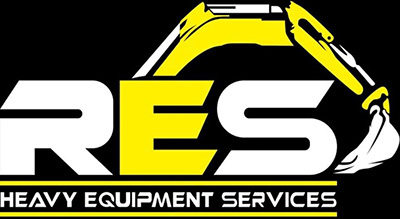Diesel vehicles starting rates $95/hr
Diesel vehicles are similar to standard gasoline vehicles because they both use internal combustion engines, but the one big difference is that diesel engines have a compression-ignited injection system instead of a spark-ignited system used by most gasoline-powered vehicles. In a compression-ignited system, the diesel fuel is injected into the engine’s combustion chamber and is ignited by the high temperatures that are achieved when the gasoline is compressed by the engine piston. Unlike the emission control system that’s found on gasoline vehicles, many diesel vehicles have extra after-treatment components that reduce the amount of particulate matter by breaking down dangerous nitrogen oxide (NOx) emissions into harmless nitrogen and water.
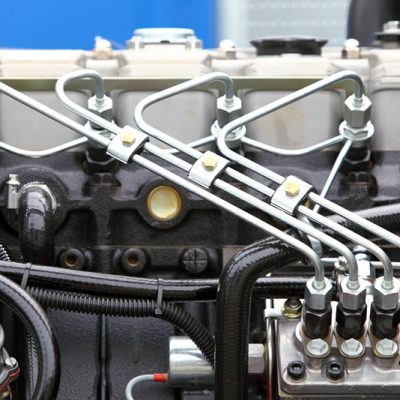
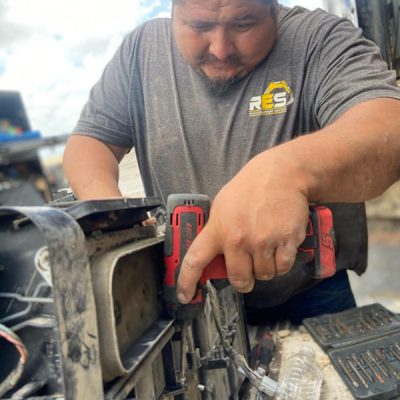
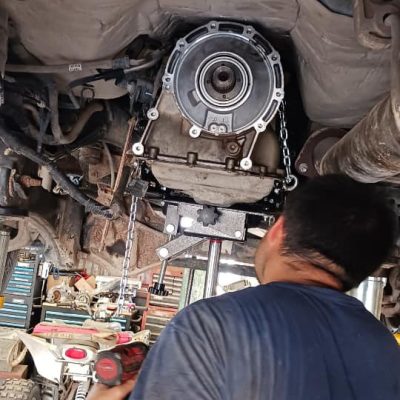
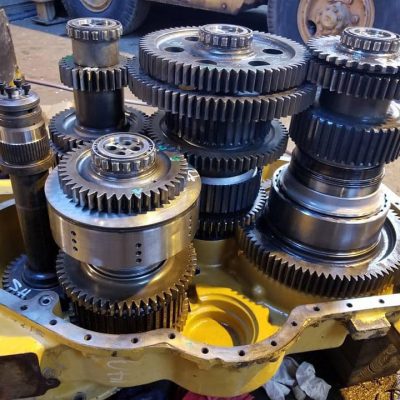
The Primary Components of a Diesel Vehicle
Diesel utility vehicles have several important components, which can include:
- Aftertreament System — This system is made up of a number of components, and its main job is to filter the engine exhaust gas so it can meet tailpipe emission requirements. After the engine’s exhaust gas has been filtered through the diesel particulate filter (DPF) and the diesel oxidation catalyst to reduce the amount of particulate matter, diesel exhaust fuel (DEF) is injected into the exhaust gas mixture. All that’s left over is nitrogen and water, which is made possible through a chemical conversion that takes place inside the selective catalytic reducer (SCR) before it’s released into the atmosphere through the vehicle’s tailpipe.
- Battery — This provides the electricity that’s used to start the engine as well as to power the vehicle’s electronics and accessories.
- Diesel Exhaust Filler — This port is for filling the exhaust fluid tank.
- Diesel Exhaust Fluid (DEF) Tank — This tank is there to hold the exhaust fluid, which is an aqueous urea solution that’s injected into the exhaust stream during the selective catalytic reduction.
- Electronic Control Module (ECM) — This is what controls the fuel mixture, the ignition timing, and the emissions system. It also monitors the vehicle’s operation and safeguards the engine from abuse. It can even find and troubleshoot any problems.
- Fuel Filler — A nozzle from a fuel dispenser attaches to the vehicle’s receptacle, which is used to fill the tank.
- Fuel Line — This is a metal tube or flexible hose (or a combination of these) that transfers fuel from the tank to the engine’s fuel injection system.
- Fuel Pump — This is a pump that transfers fuel from the tank to the engine’s fuel injection system through the fuel line.
- Fuel Tank — This is what stores fuel inside the vehicle until it’s needed to power the engine.
- Internal Combustion Engine — This is where the fuel is injected into the combustion chamber and is ignited by the high temperature, which is achieved when the gas experiences a great deal of compression.
- Transmission — This is what transfers the mechanical power from the engine and/or electrical traction motor to turn the wheels.
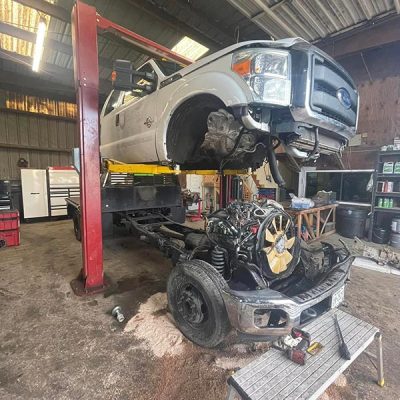
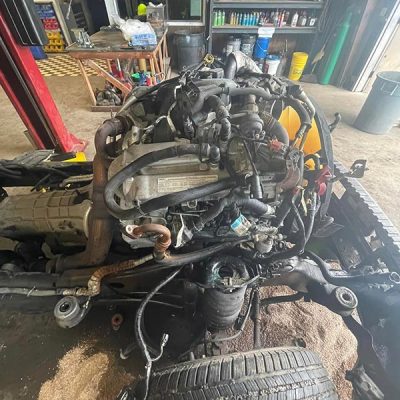
If you have a fleet of diesel vehicles that need to be serviced and repaired, be sure to get in touch with Rhino Equipment Services.
